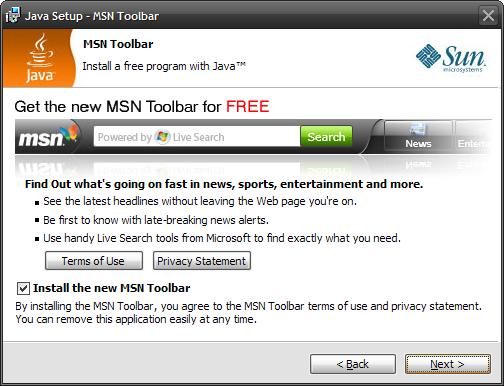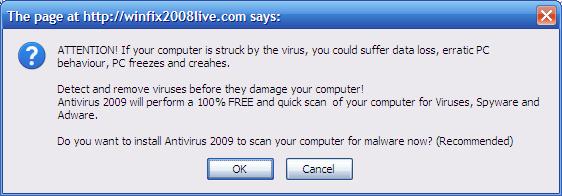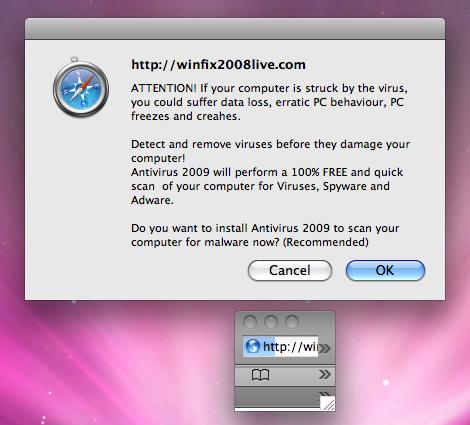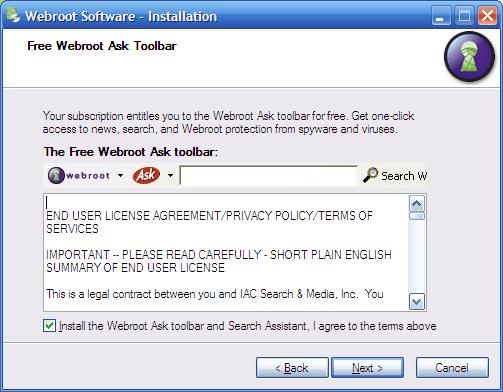There is alot of speculation that the next version of Microsoft Windows will be “modular.” ArsTechnica has a fantastic discussion here. The article misses the point, though. Microsoft certainly misses the point.
I want a modular operating system. What’s that mean? To me it means an operating system that installs just what’s necessary to boot the computer, enable support for all of my devices (like video cards, printers, keyboards, network cards, external drives, …), and provide a graphical framework for my applications to run on. Graphical framework? Well, strictly speaking that isn’t necessary to run a computer; but we are in the 21st century and that’s what users expect. It should povide support for common communications protocols (via libraries) that my chosen applications can use.
Modular operating systems should allow me to install whatever web browser, email client, ftp client, picture software, office software, anti-virus/anti-spam software, or instant messaging client that I want. An arbitrary piece of software like a web browser shouldn’t be wired deeply into the OS and then claimed as an essential part. The operating system should provide a simple and well-documented method for any class of software to be installed and provide its services.
The OS shouldn’t come with any “helpful partner” applications to “make my experience better.” At the very least if it going to recommend some “helpful partner” applications then the default option should not install anything the user didn’t explicitly give consent for (it should be opt-in, not opt-out). My experience would be better if the OS just worked.
Ok, the part about a web browser being wired deeply into the operating system is an old complaint. And taking it out isn’t what is being talked about when the term “modular Windows” is thrown about. I’d like my “consumer” system to be as bare as possible (but with support for all the cool graphical interfaces that can be made).
I know, some of you are going to say “Just use Linux; all your desires for a modular OS will be met.” Well, I have some installations of Linux floating around. The problem is: Linux never “just works” for me. When Linux attempts to install and can’t figure out my nice, new LCD monitor then there is a problem. I realize where the “fault” is, but Linux gets the blame because it didn’t “just work.” I know I can take the Linux source and do whatever I want with it to make as modular as I want. But, while I am a software developer, that’s just too much work for this consumer.
If Microsoft is really basing the idea of “modular Windows” on what users of their software really want, please, Microsoft, come talk to me. I have some idea about what real consumers want.








